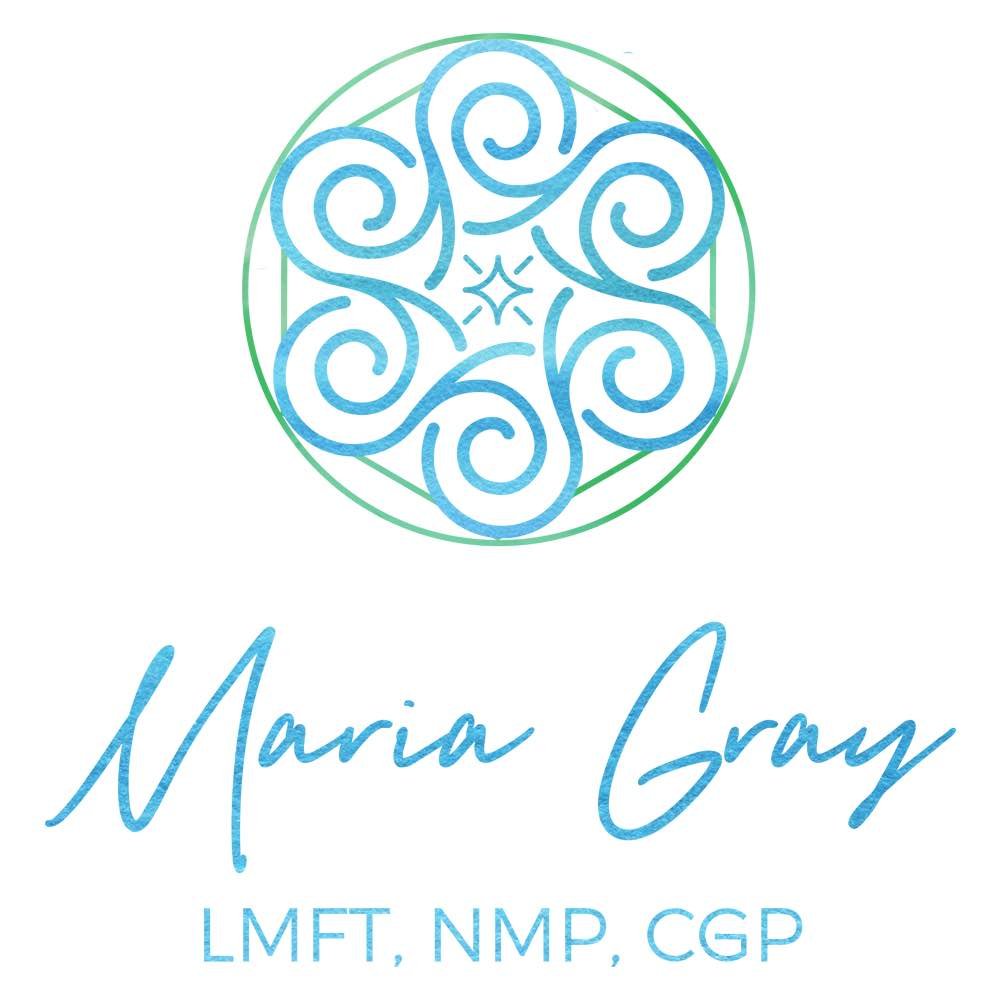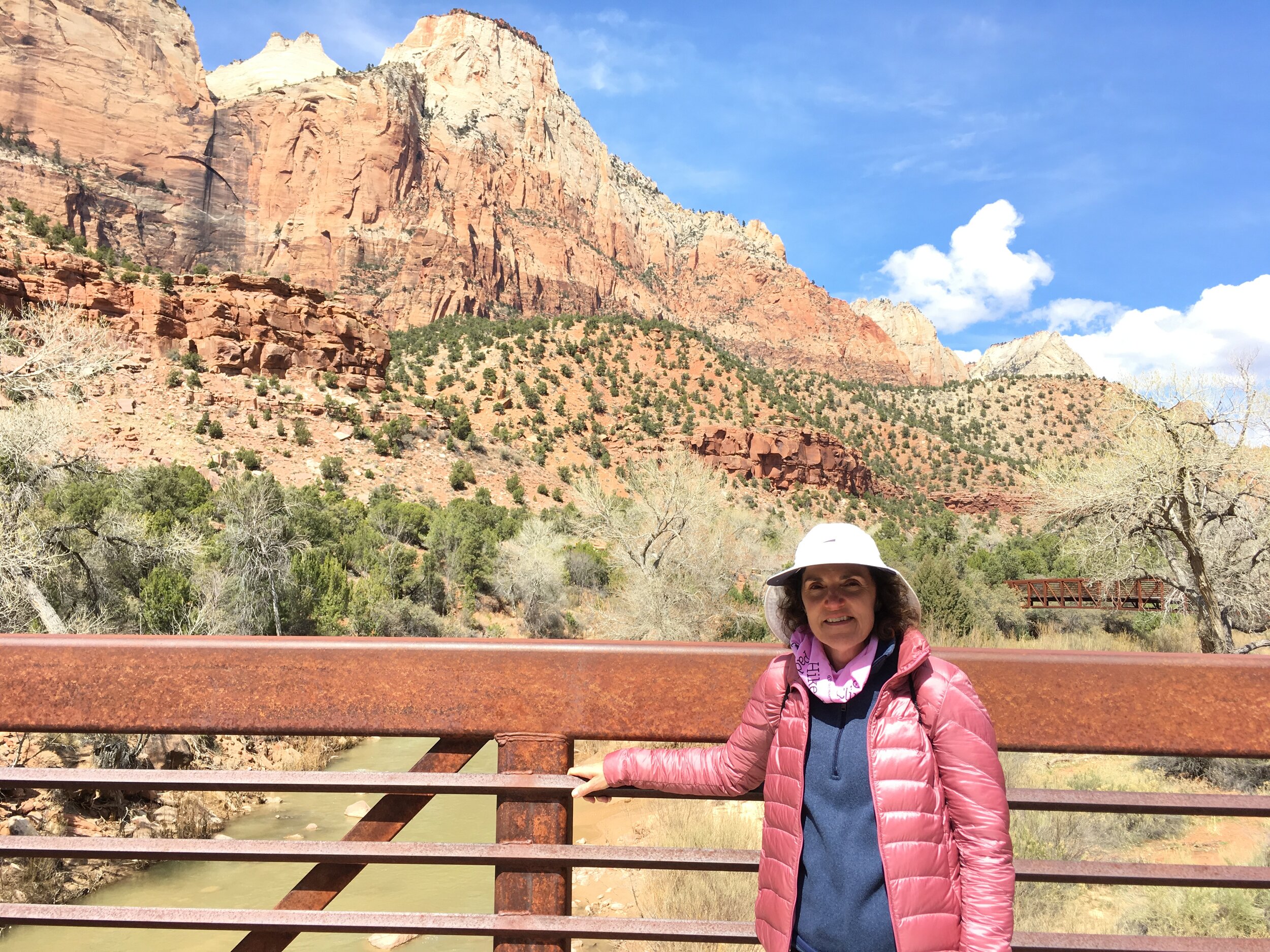How to Identify and Prevent Burnout
Zion National Park
Are you feeling overworked, maybe a little burned out?
In graduate school, our Law and Ethics professor asked us to write a self-care plan describing the ways we would enjoy our free time and take care of ourselves. He believed it was unethical for therapists to overwork and neglect themselves. To make his point he showed us photos from his rock-climbing trips and other outdoor adventures. He patiently explained that if we didn’t take care of ourselves, we wouldn’t be present for our clients and we’d eventually experience burnout. I came from the business world where I was rewarded for working hard and staying late. I wasn’t sure how I felt about this self-care stuff, but I was willing to consider it. When my schedule filled up, my professor’s words made sense.
I have several clients who are therapists in my practice. One day I was talking about burnout and how to know if you are approaching burnout. I reached for one of my favorite books The Resilient Clinician by Robert J Wicks where the author (2006) describes some of the symptoms of burnout. Here are a few examples:
Feeling mentally fatigued at the end of the day.
Feeling unappreciated, bored, tense or irritable as a result of contact with clients or staff if you work in a treatment setting.
The pace of the day’s activities/requirements seems greater than you can handle. Feeling like “you don’t have enough gas in the tank” on a regular basis.
Experiencing boredom during client sessions.
Wicks (2006) states that psychotherapists often make statements that imply that that their chronic symptoms of secondary stress are “part of the job” as opposed to symptoms of burnout that require a response. One important example is engaging in workaholism which he defines as the idea that we have to be constantly checking and responding to clients’ texts and emails during non-work hours. Or making excuses like “I have to work longer hours right now because we are saving for a down payment for a house.” Once this goal is achieved it is often followed by another large goal that requires more hours.
I love my work as a psychotherapist, it is meaningful and rewarding, however, it is only one aspect of my life. I tell my clients to imagine their time like a large pie with each section representing a slice. One of my clients preferred to think of her time as a flower with petals for each section, we explored all the petals and she realized that she wanted to spend more time doing her art and less time at work.
The answer to preventing burnout is simple, you need to create a fulfilling life outside of work. The photo above is from one of my annual hiking trips to Utah, I chose not to fly this year but am planning a local hiking trip next month. I schedule vacations every year and usually travel. On the weekends I enjoy outdoor activities like hiking and riding my bike, dinners and walks with friends and family, and daily time with my beloved dog; the list goes on. I realize we have had to make many adjustments during the pandemic, but now more than ever it’s important to take time for ourselves and do the things that help us replenish our brains and bodies.

